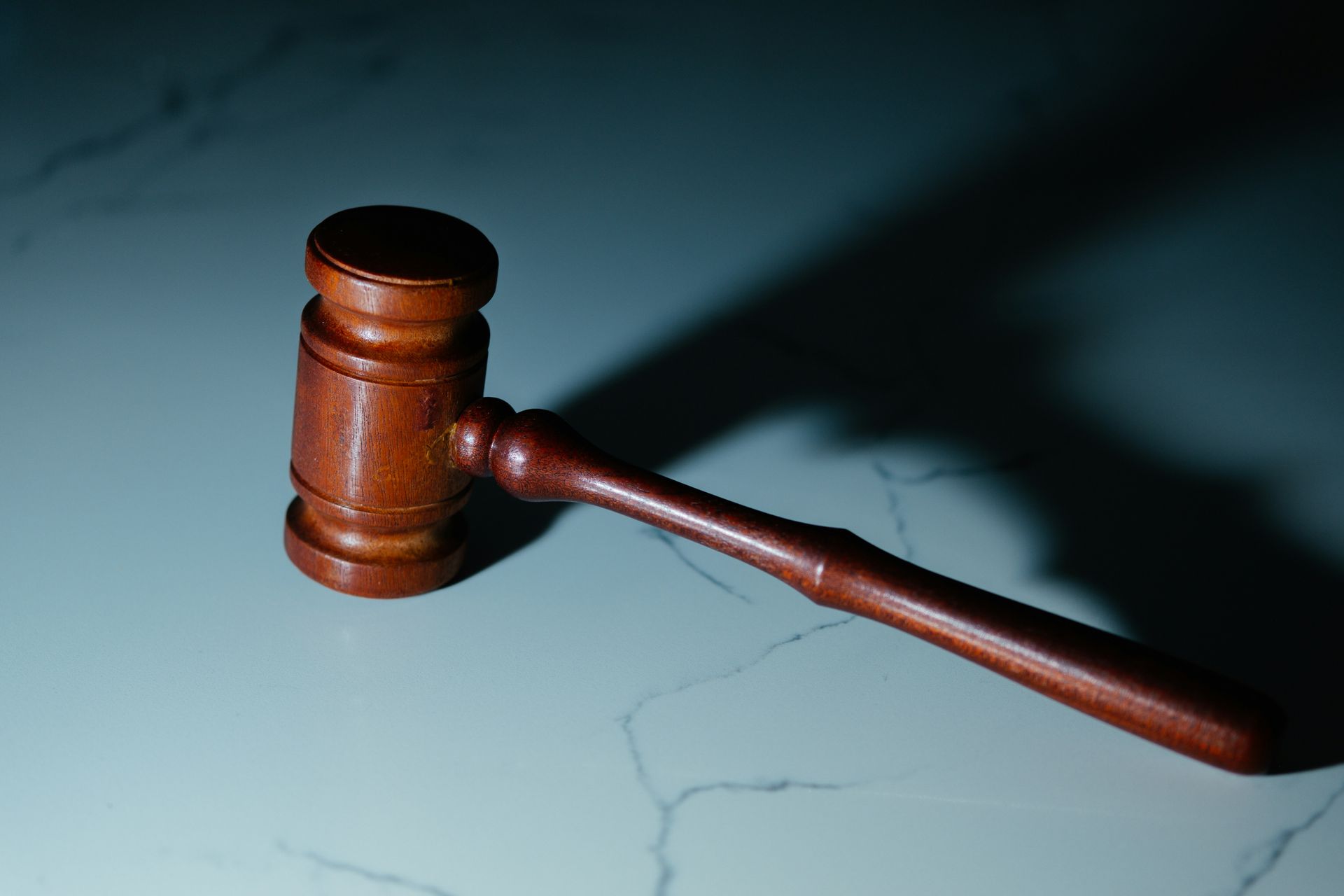How Social Media Affects Injury Claim Outcomes
Social media platforms have become a significant aspect of our daily lives, influencing various fields, including the legal sector. In personal injury claims, social media has emerged as a crucial element in shaping the course and outcome of cases. With posts, comments, and images potentially serving as evidence, the integration of social media into legal strategies is on the rise.
Social media platforms like Facebook, Instagram, and Twitter have transformed into repositories of information that can be pivotal in personal injury claims. Attorneys are increasingly harnessing these platforms to gather evidence that supports or challenges claims. Posts, photos, and even comments can provide insights into the physical and emotional state of claimants or defendants, sometimes contradicting their official statements. This trend underscores the growing importance of social media in legal strategies.
Evidence Gathering Through Social Media
Attorneys and investigators now routinely collect data from social media to build or dismantle cases. Publicly available information can be scrutinized for evidence that either substantiates or refutes claims made in personal injury cases. For instance, a claimant alleging severe physical limitations might be contradicted by social media posts showing them engaging in activities that suggest otherwise.
The legal implications of using social media data are profound. While information posted publicly is generally fair game, privacy settings can impact the admissibility of evidence. Courts often grapple with the balance between privacy rights and the need for transparency in legal proceedings. Understanding these nuances is essential for both legal professionals and claimants. For more insights on legal precedents involving social media evidence, visit the American Bar Association.
Credibility and Social Media
The credibility of claimants and defendants can be significantly influenced by their social media activity. Courts may perceive online personas differently from real-life behavior, and this discrepancy can affect judgments. Innocuous posts can sometimes contradict injury claims, leading to questions about the authenticity of the claimant's narrative.
For example, a post depicting an injured claimant participating in physically demanding activities can cast doubt on their testimony. Such instances highlight the importance of maintaining a consistent narrative both online and offline.
Best Practices for Social Media Use During a Claim
For individuals involved in personal injury claims, managing social media presence becomes paramount. Legal experts advise claimants to be cautious about what they share online during an ongoing case. It is recommended to maintain strict privacy settings and avoid discussing case details publicly.
Claimants should also refrain from posting content that might be misconstrued or used against them. Seeking legal advice on social media conduct during litigation is prudent. For further guidance, consider reviewing common legal issues with social media use.
Real-Life Case Studies
Numerous cases have demonstrated the pivotal role of social media in influencing legal outcomes. One notable instance involved a personal injury claim where the claimant's social media posts contradicted their injury narrative, leading to a diminished settlement.
These examples serve as cautionary tales for future claimants, illustrating the lasting impact of digital footprints. Legal strategies must adapt to these realities, emphasizing the importance of consistency and discretion in online activities.
Insights from Legal Experts
Personal injury attorneys emphasize the transformative influence of social media in legal cases. Many legal professionals believe that social media will continue to shape the landscape of personal injury law. They advise claimants to be mindful of their online presence and consider the potential ramifications of their posts.
Legal experts predict that as social media platforms evolve, so will the strategies employed by attorneys. This dynamic underscores the need for ongoing awareness and adaptation in legal practices concerning social media.
Potential Pitfalls and Controversies
The use of social media as evidence is not without its controversies. Ethical considerations and potential biases in interpreting online content pose challenges for the legal community. The debate over privacy rights versus the need for transparency continues to be a contentious issue.
Critics argue that social media content can be taken out of context, leading to misinterpretations that affect legal outcomes. This ongoing debate highlights the need for clear guidelines and ethical standards in handling social media evidence.
The Local Perspective: Social Media and Personal Injury Claims in Las Vegas
In Las Vegas, the handling of social media evidence in personal injury cases reflects broader national trends. Local courts face unique challenges, balancing the need for transparency with privacy concerns. Cultural and geographical factors in Las Vegas, such as the city's vibrant social scene, may influence social media use and its impact on claims.
Local news stories often highlight cases where social media played a role in legal proceedings, offering valuable lessons for both claimants and attorneys in Nevada. Understanding the local legal landscape is crucial for navigating personal injury claims in Las Vegas effectively.
In conclusion, social media has become an indispensable tool in personal injury claims, offering both opportunities and challenges. For those involved in legal proceedings, understanding the implications of social media activity is essential to navigating the complexities of personal injury law.





